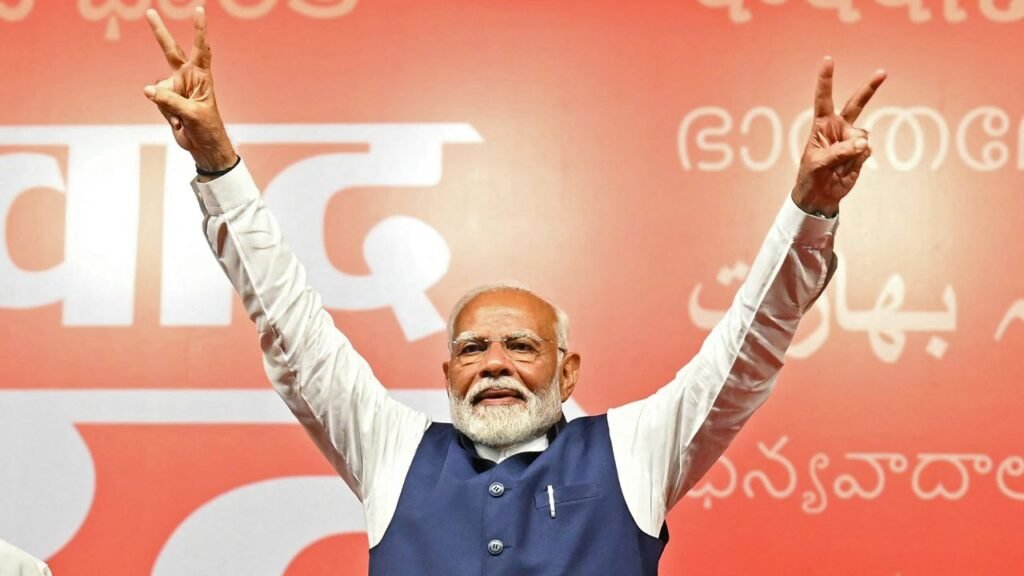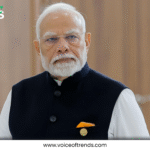On June 8, Indian Prime Minister Narendra Modi will become the first person to take the oath of office for a third term. Even though his party, the Bharatiya Janata Party (BJP), lost the recent elections and its legislative majority, Modi’s leadership and influence in Indian politics are still strong.
Modi’s sustained power is primarily attributable to the backing of important partners like the Janata Dal (JD) and the Telugu Desam Party (TDP).
The National Democratic Alliance (NDA), Modi’s coalition, is ready to form government with their support. The NDA’s ability to remain a powerful force in Indian politics in spite of the loss of parliamentary seats is made possible by the backing of regional parties.
Although Modi’s ability to form the government is guaranteed by the backing of regional allies, this also brings with it additional difficulties. To guarantee efficient governance, the NDA will need to closely oversee these partnerships.
It may be necessary to engage in extensive compromise and discussion in order to balance the interests of many regional stakeholders. Nonetheless, Modi’s prior coalition management experience implies he is qualified to tackle these difficulties.
Expectations for stability in policy are high as Modi gets ready for his third term. Many think Modi would keep concentrating on important issues like growth, business facilitation, and budgetary stability. Significant measures to enhance the economy, draw in foreign investment, and improve infrastructure have been implemented over his prior tenure.
The improvement of India’s infrastructure has been one of Modi’s main objectives. This entails constructing new roads, enhancing public transportation, and guaranteeing improved accessibility to necessities like electricity and potable water. It is anticipated that he will keep pushing for these changes during his third term, hoping to raise the standard of living for all Indians.
Making it simpler to conduct business in India is another priority that Modi has highlighted. His government has enacted a number of measures to streamline the establishment and operation of businesses in an effort to draw in more foreign capital. These initiatives will probably continue as he begins his third term, with more reforms anticipated to increase India’s appeal as a location for investors.
Another pillar of Modi’s program has been preserving budgetary stability. This entails overseeing the nation’s financial affairs to maintain debt and inflation under control while fostering sustainable economic growth.
It is expected that Modi would continue to place a high priority on fiscal responsibility when he takes the oath of office for a third term, making sure that India’s economy stays stable.
India is experiencing a tangible feeling of excitement ahead of Modi’s swearing-in ceremony. Many believe that additional advancement and stability will result from his third term. It is anticipated that the emphasis on fiscal restraint, corporate reforms, and development will persist, indicating a stable path for India’s future.




















